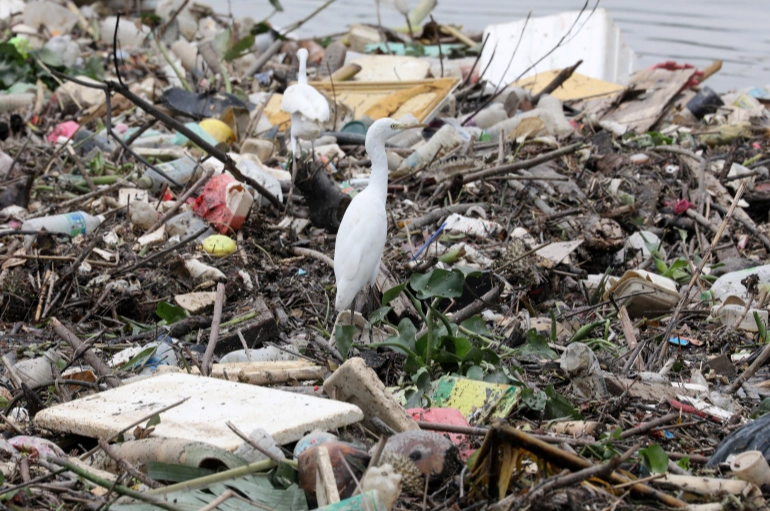
The report found that consumer waste was broadly similar in rich and poor countries [File: Lim Huey Teng/Reuters
United Nations, March 5 (RHC)-- An estimated 17 percent of food available to consumers, which amounts to 931 million metric tonnes (1.03 billion tonnes), was wasted in homes, retail outlets and restaurants in 2019, according to research published by the United Nations.
The report, produced jointly by the United Nations Environment Programme (UNEP) and WRAP, a non-profit organisation, also found that consumer waste was broadly similar in rich and poor countries.
The United Nations is producing a Food Waste Index (FWI) as it seeks to support efforts to halve food waste by 2030. “For a long time, it was assumed that food waste in the home was a significant problem only in developed countries,” said Marcus Gover, CEO of WRAP, which works with governments to reduce food waste. “With the publication of the Food Waste Index Report, we see that things are not so clear cut.”
The food wasted in 2019 was roughly equal to 23 million fully loaded 40-tonne trucks – bumper-to-bumper enough to circle the Earth seven times. Most of the waste — or 61 percent — happens in households, while food service accounts for 26 percent and retailers account for 13 percent, the UN found.
The United Nations Food and Agriculture Organization (FAO) in 2011 estimated that one-third of the world’s food was wasted or lost every year. The FAO has produced a Food Loss Index that shows that around 14 percent of the world’s food is lost from post-harvest up to, but excluding, the retail level.
The U.S. Department of Agriculture (USDA) estimates that a family of four wastes about $1,500 in food each year. But accurately measuring food waste is difficult for a variety of reasons including data availability, said USDA food researcher Jean Buzby, adding that improved measurements are part of a government plan to reduce waste.
An estimated 8 to 10 percent of global greenhouse gas emissions are associated with food that is not consumed (waste and loss), a similar amount to road transportation.
Forests are cleared, fuel is burned and packaging is produced to provide food that is thrown away. Meanwhile, rotting food in landfills releases more greenhouse gases into the atmosphere.
“If we want to get serious about tackling climate change, nature and biodiversity loss, and pollution and waste, businesses, governments and citizens around the world have to do their part to reduce food waste,” said UNEP Executive Director Inger Andersen.
Food waste has become a growing concern because of the environmental toll of production, including the land required to raise crops and animals and the greenhouse gas emissions produced along the way.
Experts say improved waste tracking is key to finding ways to ease the problem, such as programmes to divert inedible scraps to use as animal feed or fertiliser.
Richard Swannell, a co-author of the UN report, said food was generally more valued even in richer countries just a few generations ago, since people often couldn’t afford to waste it. Now, he said, awareness about the scale of food waste globally could help shift attitudes back to that era. “Food is too important to waste,” he said.

